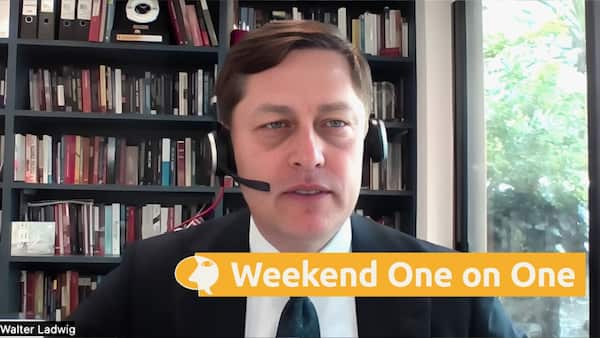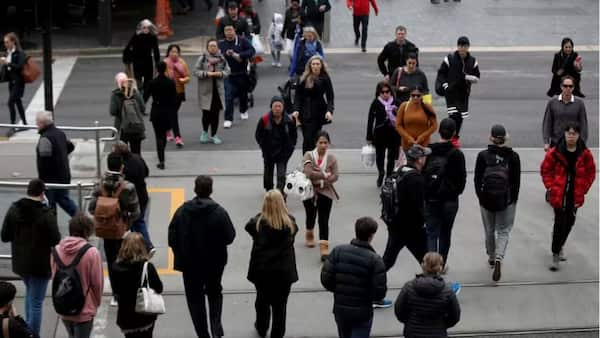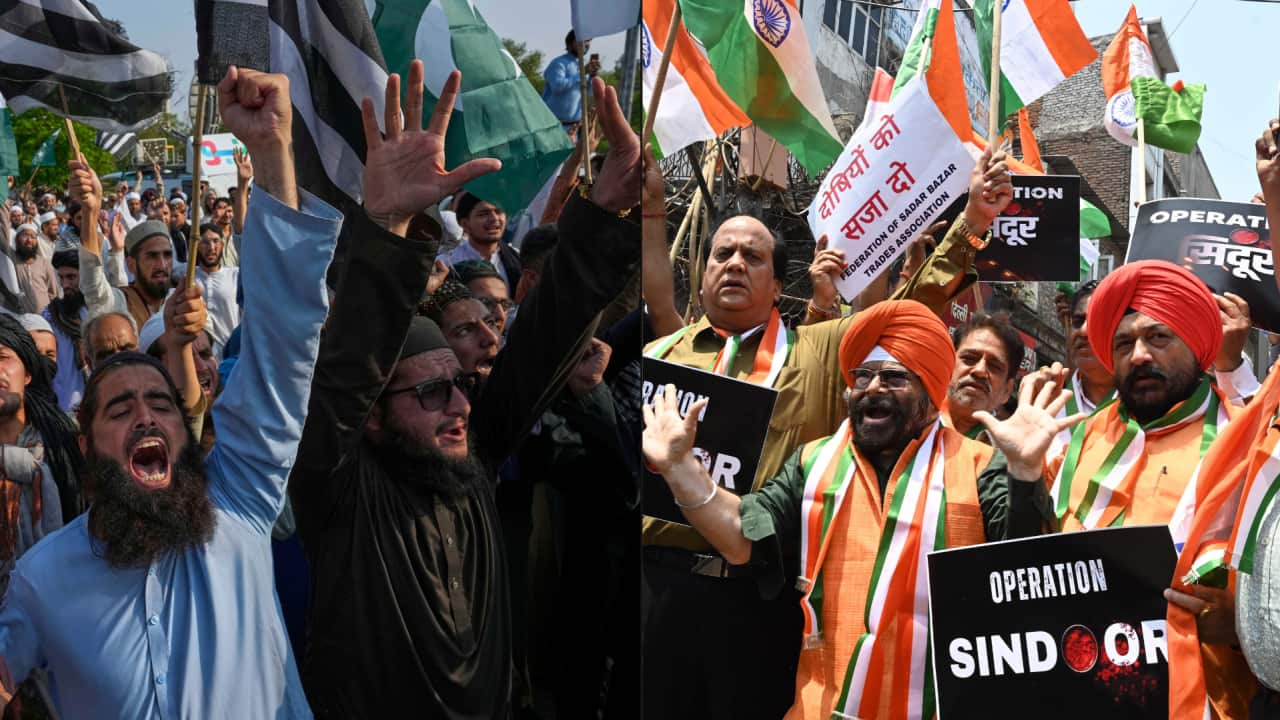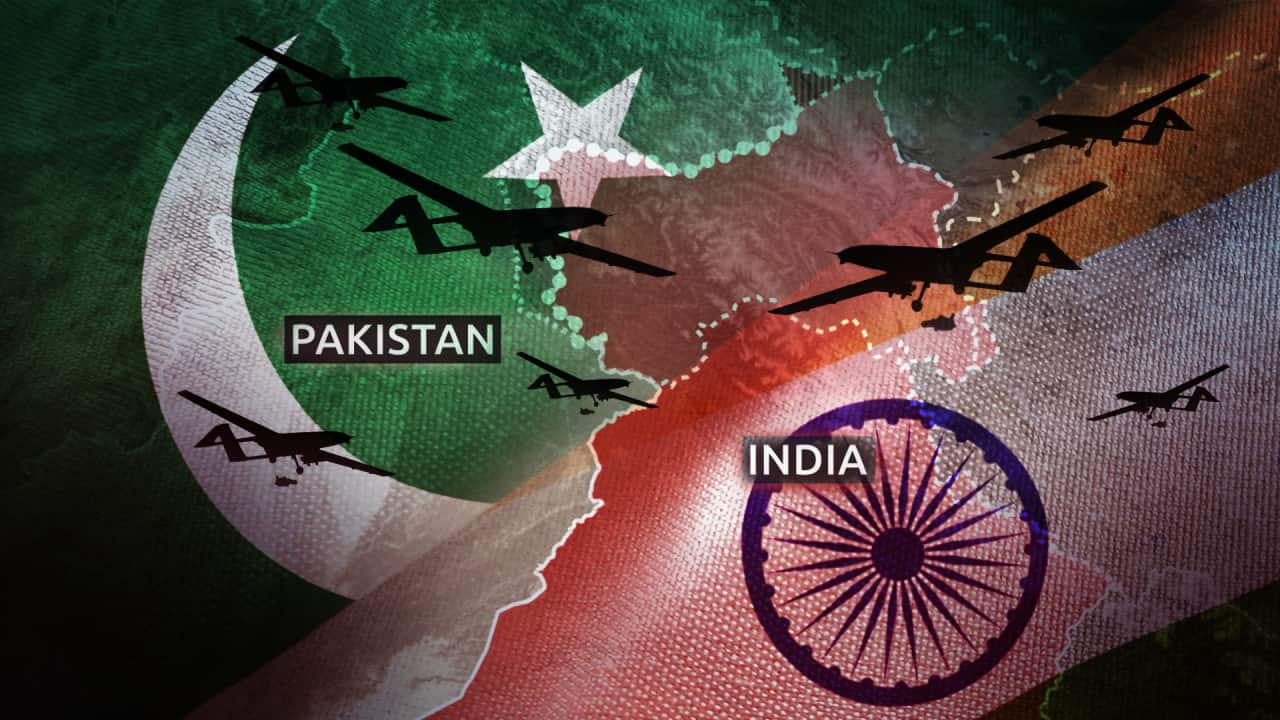As tensions between India and Pakistan escalate, some fear "division" is growing between the two diaspora communities in Australia.
The two countries have , after India launched airstrikes on Wednesday targeting what it said was "terrorist infrastructure" in Pakistan.
The latest round of violence was sparked by a , which it accuses Pakistan of backing.
Pakistan has denied India's accusations that it was involved in the tourist attack, in which 26 civilians were killed.
A , but both countries later accused the other of violations.
Some community members in Australia have said the ongoing conflict, considered India and Pakistan's worst in decades, could affect social cohesion here.
'Looking at the other side as the enemy'
Samina Yasmeen, a Pakistani-Australian and professor at the University of Western Australia, said "some tension among some sections" of the community has already emerged.
"There are some sections of the community that probably are active in this space where they're looking at the other side, whether it's India or Pakistan, as the enemy, and then talking about it," she told SBS News.
"But if we look at it broadly, the South Asian community in Australia has traditionally been very friendly and cooperative towards each other."
LISTEN TO

INTERVIEW: The conflict in Kashmir
SBS News
05:08
People born in India and Pakistan make up a huge part of Australia's multicultural community. About 670,000 people in Australia were born in India, while almost 90,000 were born in Pakistan, according to the 2021 Census.
Some Indian community leaders have also said they haven't observed many signs of increasing tension between the two communities in Australia during the latest round of violence.
"They have been sensible. There has not been major commentary about this matter except for rare occasions or rare people," Yadu Singh, a spokesperson of the Federation of Indian Associations of NSW, told SBS News.
However, he's concerned that, should tensions between India and Pakistan escalate into an "all-out" war, things could change in Australia.
"There is a real risk, real potential that those tensions in that part of the world may end up coming here," Singh said.
"And communities involved from both countries may have protests ... And that may inflame the situation. And therefore, [a] confrontation situation can arise."
Signs of 'division' on social media
While there have not been any major protests by either community about the conflict, tension has been visible online.
Some have made social media posts calling on their compatriots to boycott goods from the other side. Others urge store owners not to stock items produced in the other country.
Nadeem, a founder of an Indian community group on Facebook, said he has seen such posts.
"Australia is home to vibrant Indian, Pakistani and South Asian communities ... All my life, I've seen Indian, Pakistani, and all of them are working together," he told SBS News.
"But whenever these things happen, it does create a bit of division.
"South Asian people, we are very emotional, and whatever happens back home, it just affects the community here as well."
SBS News has seen a WhatsApp message sent to an Indian-Australian from their home country, which warns that Indians in Australia will have to "co-exist with Pakistanis who are increasingly going to get hostile".
Yasmeen believes that, while those responsible for such posts and messages may be small in number, they "can definitely be louder" than other members of their communities.
"Because we live in such a cyber-filled life these days, they can be very loud on social media, and that's where they can try and recruit others who follow their narrative," she explained.
"In international politics and also in terms of social cohesion, it's really the role of narratives as they start emerging, as they start being shared by people, they change the views of the people who are exposed to those narratives."
It's about trust
Concerns are growing among the community leaders and experts like Yasmeen that the rising tension between countries may potentially affect social cohesion — a principle that Australian community leaders and politicians
"Generally, social cohesion is about how a society can trust each other and we can have common goals and common values and principles that we can we can call ourselves a community," Rojan Afrouz, a senior lecturer in social work at RMIT University, told SBS News.
, which is unchanged from 2023, yet represents the lowest level since 2007, according to the Scanlon Foundation.
LISTEN TO

What is 'social cohesion', and can it be measured?
SBS News
05:10
Given the multicultural makeup of Australia, war and conflicts overseas may impact the index.
"Different groups here, obviously still have some kind of intergenerational understanding of their identity and also the conflict in their origin country and in their homeland," Afrouz explained.
"What's going on in their homeland will definitely impact how they will react to that context, and also how they will react to their intergenerational understanding of conflict ... Obviously, all of those will impact the sense of community, trusting each other."
In August 2024, Mike Burgess, director-general of the Australian Security Intelligence Organisation, said that the war in Gaza had "undermined social cohesion" in Australia.
Both Indian and Pakistani community leaders are calling for members of the diaspora to preserve social cohesion in Australia while their home countries are under attack.
"It does require all the communities to work together to make sure that instead of promoting the narrative of hatred, we actually get together and say it's time to stop the hostilities," Yasmeen said.
Singh echoes her sentiment.
"All of us are part of multicultural Australia. We all love Australia," he said.
"We should not bring overseas foreign matters to the shores of Australia because this is a country which we all belong to."



